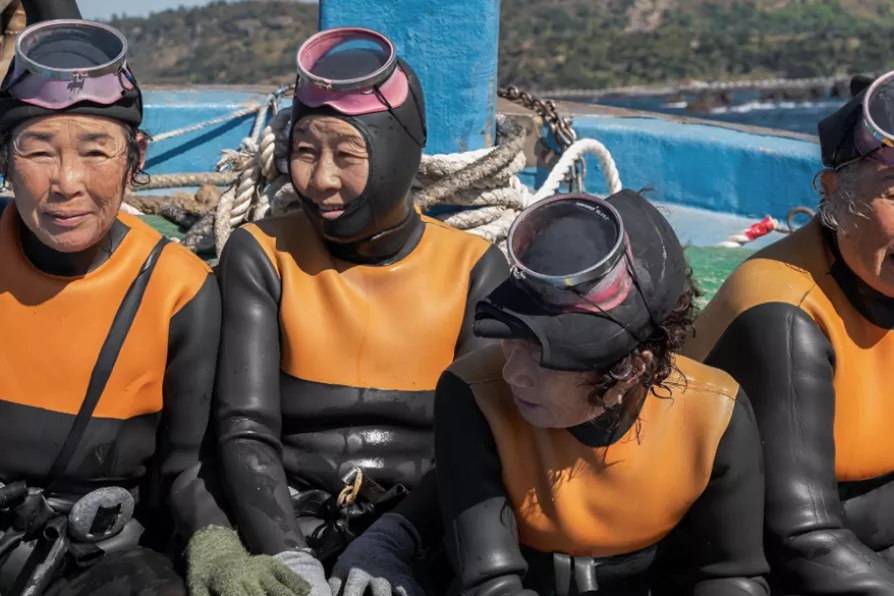ALAN McGUIRE welcomes the complete poems of Seamus Heaney for the unmistakeable memory of colonialism that they carry
The South Korean selkies
MARIA DUARTE recommends a homage to fearless, independent and empowering elderly women

 The Last of the Sea Women - South Korea's natural marine divers
[IMDb]
The Last of the Sea Women - South Korea's natural marine divers
[IMDb]
The Last of the Sea Women (PG)
Directed by Sue Kim
“BEING an haenyeo is a calling,” states one of the extraordinary protagonists in Sue Kim’s enlightening directorial debut feature about a little-known but fierce band of women in South Korea.
Similar stories

The Star's critics ANGUS REID, MICHAL BONCZA and MARIA DUARTE review Hot Milk, An Ordinary Case, Heads Of State, and Jurassic World Rebirth

The Star's critic MARIA DUARTE reviews Sebastian, Four Mothers, Restless, and The Most Precious of Cargoes

The Star's critic MARIA DUARTE reviews Last Breath, Sister Midnight, Opus, and The Electric State

MARIA DUARTE recommends an homage to the iconic showgirl that understands them as working-class women










